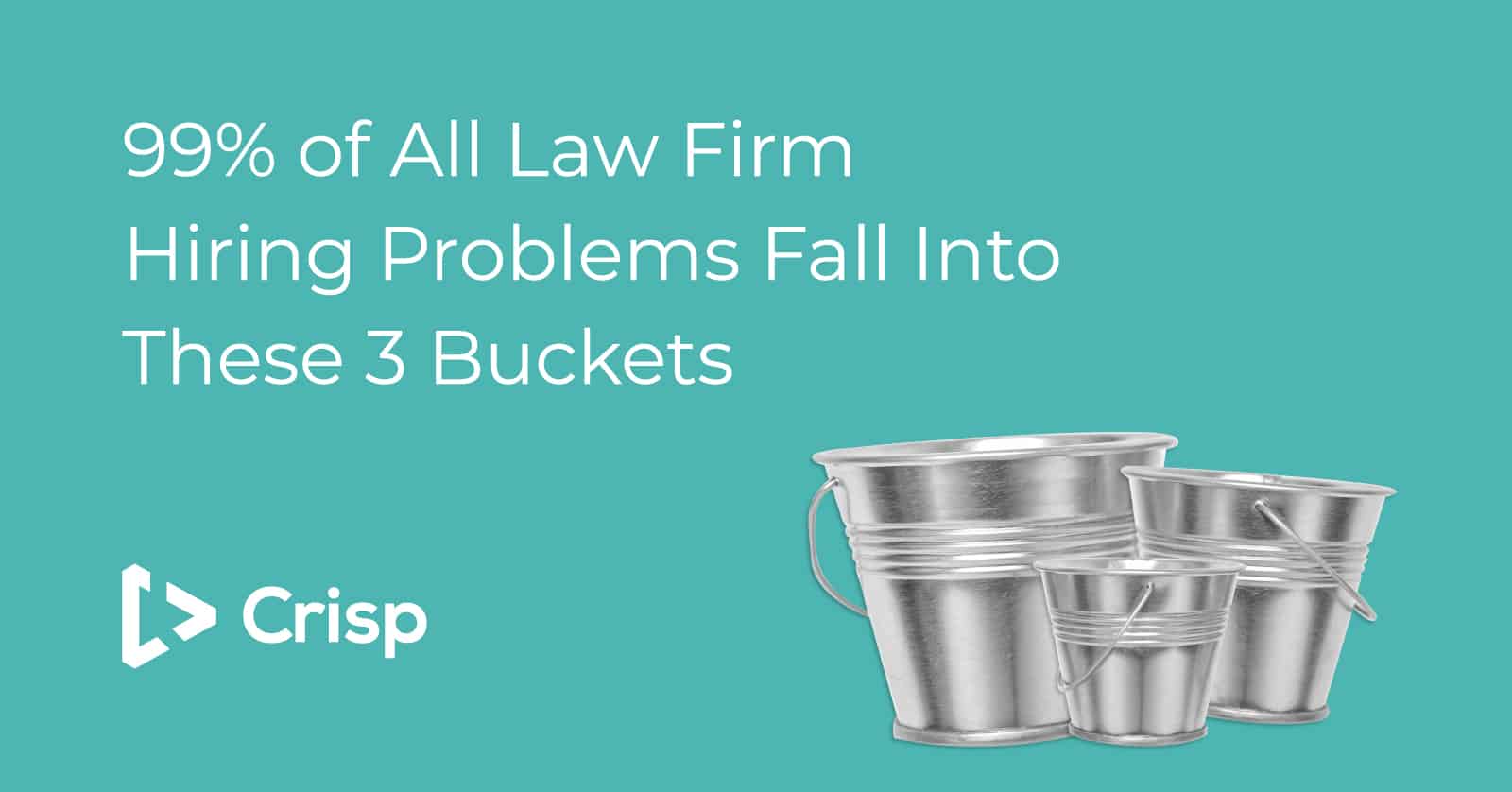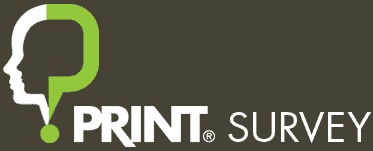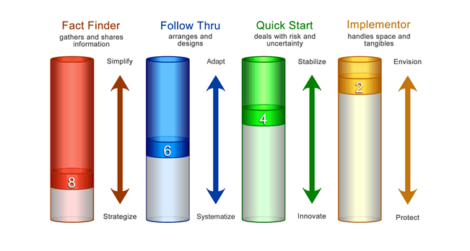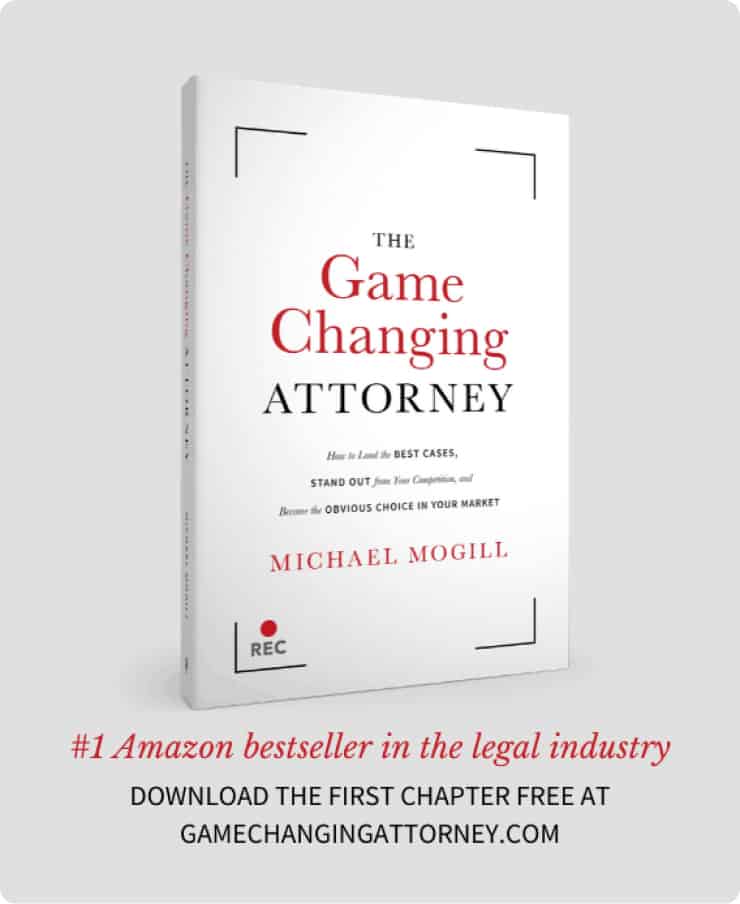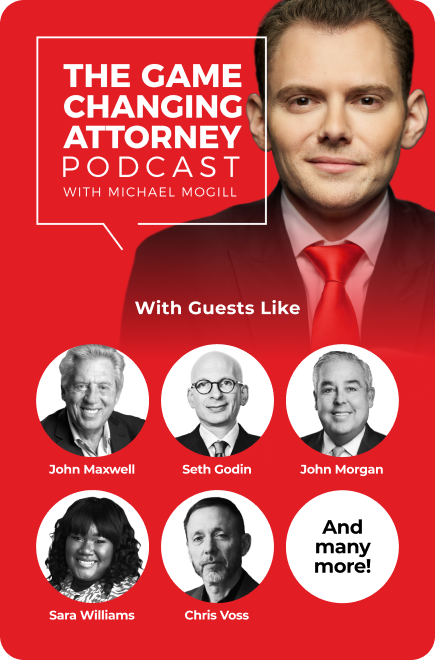People problems are a way of life — and if you’re the leader of your law firm, then you’ve likely found this out the hard way.
But what if we told you that most law firm hiring problems fall into three categories? How would you use that information to strengthen your hiring process for good and avoid making big mistakes in the future?
We’re going to show you how.
99% of all law firm hiring problems fall into these three categories:
- Cognitive Law Firm Hiring Problems
- Affective Law Firm Hiring Problems
- Conative Law Firm Hiring Problems
Get ready to learn what each of these stand for, how to measure each one, and how understanding them will help you run a better, more effective business with fewer law firm hiring problems.
Cognitive Law Firm Hiring Problems (Thinking)
Our cognitive abilities reflect how strong our brains are, how we go about solving problems, and what our overall skill set looks like. These factors are important to know when making any sort of hiring decision because it gives you a general idea of how well this person will do in a certain role.
Luckily for you, there are assessments you can use that quantitatively measure applicants’ cognitive abilities so that you don’t have to take someone’s word for how smart they are.
Meet the Wonderlic, one of the most widely used and widely accepted cognitive assessments on the market. Associations as big as the National Football League and well-known companies like U-Haul, Subway, Duracell, and Aveda all use the Wonderlic to help them determine their next great hire.
You might not be surprised to learn that Crisp uses the Wonderlic when assessing the perfect candidate as well.
So what is the Wonderlic?
The Wonderlic assessment is a cognitive ability test designed to measure a person’s aptitude and problem-solving abilities. It consists of 50 multiple-choice questions, which must be answered within a 12-minute time limit. It was created by E. F. Wonderlic in 1936 and is still widely used to this day. Employers leverage this tool as a general measure of intelligence and as a way to view and evaluate a candidate’s potential success within the organization.
What does it measure?
The Wonderlic assessment assesses a wide range of cognitive abilities, including logical reasoning, spatial reasoning, verbal comprehension, and mathematical ability. It is used to evaluate an individual’s potential to learn, adapt to new situations, and solve problems quickly and efficiently.
How are scores calculated?
The results of the Wonderlic assessment are reported as a score, which ranges from 0 to 50. A score of 20 is considered to be average, while a score of 10 or below suggests significant cognitive impairment. Scores of 30 or above are typically associated with high levels of intelligence and problem-solving ability.
Every role in every company requires a certain level of cognitive and critical thinking abilities, and the Wonderlic is one of the easiest ways to find out what every candidate has.
Don’t make your job harder than it needs to be. Make use of one of the best tools on the market and make better hiring decisions faster.
Takeaway
When you think of cognitive abilities, associate the following terms with it:
- IQ
- Skills
- Reason
- Knowledge
- Experience
- Education
Affective Law Firm Hiring Problems (Feeling)
When it comes to the affective category of law firm hiring problems, this is where you determine what makes your potential candidate tick.
Affective factors answer questions such as:
- What motivates each person to get up in the morning?
- Why do they think, behave, and handle conflict the way they do?
- How would they respond to the culture and demands of the role they’re applying for?
Believe it or not, these questions can be answered by another powerful assessment: PRINT®.
Human beings all have Unconscious Motivators — and they’re all different. Understanding those of your team members can help you hire and align an engaged team with less stress.
So what is PRINT®?
The PRINT® Assessment is a psychological tool that measures a person’s Unconscious Motivators or intrinsic drivers. It was developed by Dr. Paul Hertz and Dr. Dan Harrison in the 1990s and is based on the principles of the Enneagram, a personality model that identifies nine different personality types.
What does it measure?
The PRINT® Assessment consists of a 15-minute online questionnaire, which measures a person’s “Primary and Secondary PRINTs,” or their top two Unconscious Motivators.
There are nine possible Unconscious Motivators — and thousands of possible PRINT® combinations to be made of them:
- For things to be perfect, correct, and right
- To be needed and appreciated
- To succeed and achieve
- To be special and find meaning in life
- To be knowledgeable and smart
- To be safe and secure
- To enjoy life and be happy
- To be strong and self-reliant
- To have peace and harmony
Each person’s top two motivators are what drive their behavior (Best Self and Shadow), decisions, and attitudes both personally and professionally. By identifying these motivators, the PRINT® Assessment aims to help individuals better understand themselves, their strengths, and their areas of improvement.
How is it used?
The PRINT® Assessment is commonly used in the workplace to enhance personal and professional development, leadership training, team building, and conflict resolution. It is also used by coaches, counselors, and therapists to help people gain self-awareness and improve their relationships with others.
When you begin to use PRINT® on your law firm team, you’ll notice a huge difference in how your team members interact with one another. That’s because PRINT® is designed to explain what triggers can set certain personality types off, as well as how to most effectively communicate with, motivate, and reward each team member in truly meaningful ways.
Takeaway
When you think of affective factors, associate the following terms with it:
- Desires
- Motivation
- Attitudes
- Preferences
- Emotions
- Values
Conative Law Firm Hiring Problems (Doing)
There’s more to a person than simply understanding their intelligence level and their Unconscious Motivators. Everyone has their own ways of taking action.
- Some can think on their feet with little information while others prefer to have all the facts before they proceed.
- Some are naturally process-oriented and follow steps to a T, while others are more flexible and adaptable on their way to getting to the desired result.
These different modi operandi are the conative features of a human being — and misunderstanding or misusing them can lead to big law firm hiring problems.
However a person takes action, they’re best suited to leverage their conative abilities in certain roles, and the best way to measure that is by using the Kolbe Index.
So what is Kolbe?
The Kolbe Index is a psychological tool designed to measure a person’s natural instincts or innate strengths. It was created by Kathy Kolbe in the 1970s and is based on the principles of conation, which refers to the part of the mind that drives action or behavior.
What does it measure?
The Kolbe Index consists of a 36-question online questionnaire, which measures an individual’s natural strengths in four areas: Fact Finder, Follow Thru, Quick Start, and Implementer.
- Fact Finder measures a person’s ability to gather and organize information.
- Follow Thru measures a person’s ability to establish and follow systems and procedures.
- Quick Start measures a person’s ability to initiate and adapt to change.
- Implementer measures a person’s ability to handle physical objects and perform hands-on tasks.
How is it used?
The Kolbe Index is commonly used in the workplace to enhance personal and professional development, team building, and leadership training. It can also be used to improve communication, resolve conflicts, and increase productivity by identifying a person’s strengths and allowing them to work in ways that align with their natural instincts.
Remember, there are layers and levels to every potential candidate your bring on board, and it’s important to understand them as well as you possibly can in order to enhance their experience with your law firm — and vice versa.
Takeaway
When you think of conative strengths, associate the following terms with it:
- Drive
- Instinct
- Necessity
- Mental Energy
- Innate Force
- Talents
